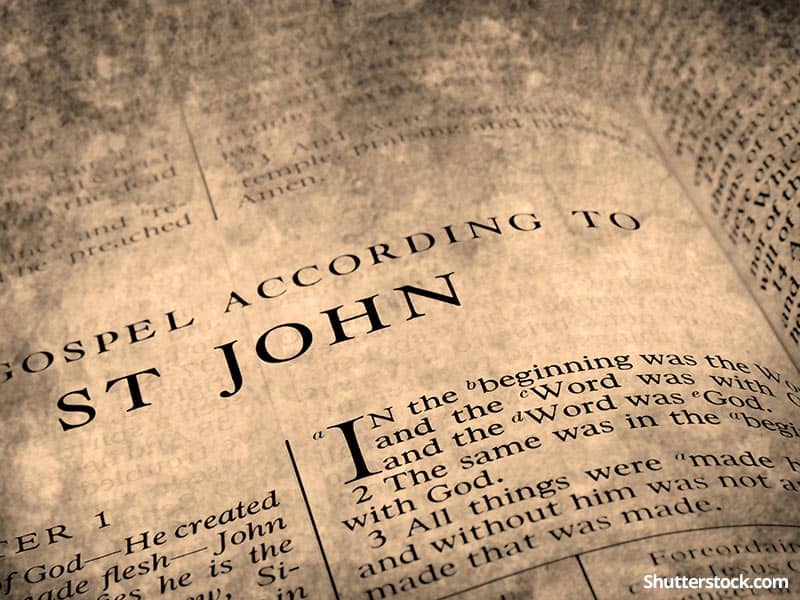"I’ve always felt Franklin’s religion had something to do with his confidence in himself," observed his wife Eleanor. "It was a very simple religion," she added. He "never seemed to have any intellectual difficulties about what he believed." This was certainly true of the Peters family and of most of the Christians we knew. We did not dwell on doubts that may have fleetingly passed through out minds as we considered Noah and the Ark, Jonah and the whale, and Moses at the Red Sea. We believed in the Ten Commandments and most of all in the Golden Rule. Roosevelt saw the New Deal as applied Christianity. When he spoke to the nation on Christmas Eve, he quoted the Sermon on the Mount. Later that evening he read A Christmas Carol to his family, gathered by a White House fireside.
In his speech, Roosevelt asked his countrymen to "Pray that we be given the strength to live for others" and tied the story of Scrooge to what was happening in America.
"Old Scrooge found that Christmas wasn’t humbug. He took to himself the spirit of neighborliness. But today neighborliness can no longer be confined to one’s little neighborhood. Life has become too complex for that. In our country neighborliness has gradually spread its boundaries from town to country to state and now, at last, to the whole nation.
"For instance, who would have thought that a week from tomorrow- January 1, 1940- tens of thousands of elderly men and women in every state, in every county, in every city in the nation, would begin to receive checks for old age retirement insurance."
Although right-wing Christians were already a fact of life by then- the Reverend Gerald L. K. Smith and Father Charles Coughlin, who called FDR’s program the "Jew Deal," the most extreme among them- the gospel according to FDR prevailed for most of us.
One good thing about Prohibition, which had ended in 1933, is that it tended to make Christianity less self-righteous. A story about my father may illustrate. Until I was six years old, his churchgoing was foregone every other Sunday so we could drive up a country road into the nearby hills to visit his bootlegger. Who would suspect a fellow citizen out on a Sunday morning? Besides, law-enforcement officials could be counted on to be taking a well-deserved day of rest. That similar considerations occurred to a good number of people was evidenced by the traffic on that country road. The "Great Experiment," which was another name for Prohibition in those days, had not worked. Tens of millions of Christians were violating not only man’s law, but what a great many of their Preachers had told them was God’s law. Memory of the experience seemed to breed- for a while at least- humility, tolerance, and a merciful attitude toward other sinners.

